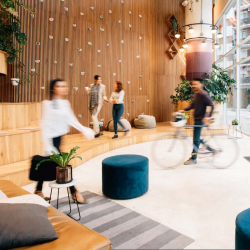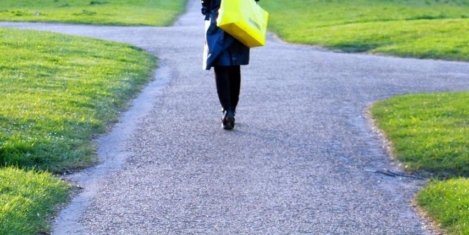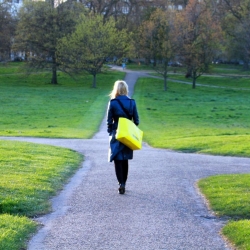May 25, 2023
Four million UK employees have changed careers due to a lack of flexible working options
 New research from the CIPD suggests that an estimated 4 million people have changed careers due to a lack of flexible working options, while an estimated 2 million have left a job in the last year for the same reason. As a result, the CIPD is warning that businesses may face a talent exodus if they fail to offer more flexible choices to people. The CIPD’s latest report, which explores employee and employer perspectives towards flexible and hybrid working practices, highlights that offering them is key to retaining and attracting staff, addressing the current skills shortage and fostering inclusive workplaces. (more…)
New research from the CIPD suggests that an estimated 4 million people have changed careers due to a lack of flexible working options, while an estimated 2 million have left a job in the last year for the same reason. As a result, the CIPD is warning that businesses may face a talent exodus if they fail to offer more flexible choices to people. The CIPD’s latest report, which explores employee and employer perspectives towards flexible and hybrid working practices, highlights that offering them is key to retaining and attracting staff, addressing the current skills shortage and fostering inclusive workplaces. (more…)




































April 5, 2023
Do you have a crystal ball when it comes to leading change?
by Jennifer Bryan • Comment, JB, Workplace